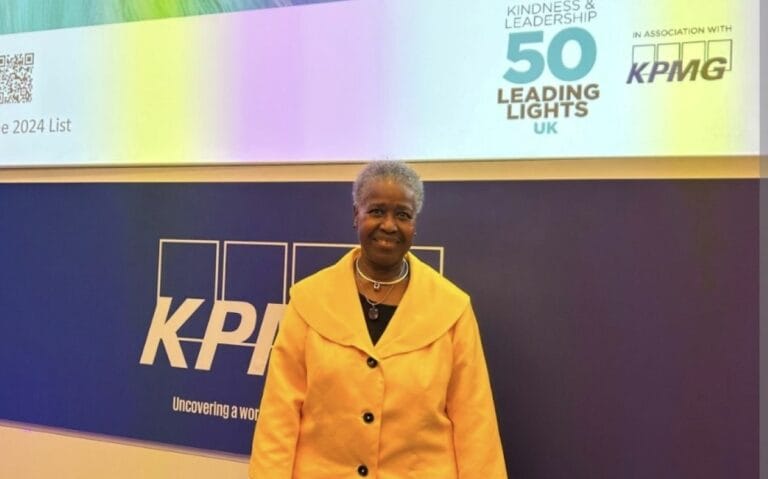Things Women do for Love and Love of Tradition
In many cultures, women traditionally love to take their husband's surname upon marriage when they marry the man of their dreams.
Based on one of the largest recent data analyses 70% of women living in the US and 90% of British women, change their family name when they say 'YES!" and adopt their husband's name they day they get married. Despite women before us making progress in the gender aware era 68% of American women under 30 considering themselves as feminists and a 60% in the UK, this year's survey shows that 85% of women aged between 18 and 30 are happy to follow the tradition. What are the things women do for love and what are the things we are socially conditioned to do for the love of tradition?
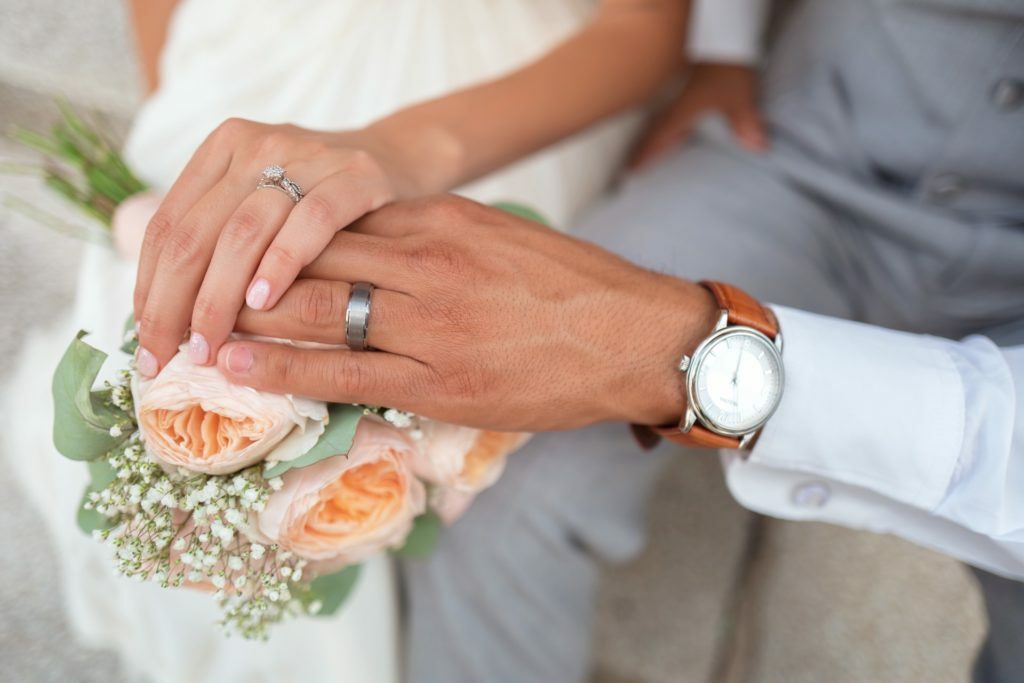
In many cultures, women traditionally love to take their husband’s surname upon marriage when they marry the man of their dreams.
Based on one of the largest recent data analyses 70% of women living in the US and 90% of British women, change their family name when they say ‘YES!” and adopt their husband’s name they day they get married. Despite women before us making progress in the gender aware era and 68% of American women under 30 considering themselves as feminists and 60% in the UK this year’s survey shows that 85% of women aged between 18 and 30 are happy to follow the tradition.
But with more women choosing to keep their maiden names or hyphenate their last names, the tradition is slowly dying out. Here’s a look at the history of this tradition and why more and more women are choosing to buck it.
The tradition of taking your husband’s surname upon marriage can be traced back to the 12th century, when upper-class women in England began taking their husband’s name. At the time, women didn’t have much say in the matter and were simply seen as their husband’s property.
As time went on, the tradition spread to other cultures and classes, and by the 19th century it was fairly common for women to take their husband’s name.
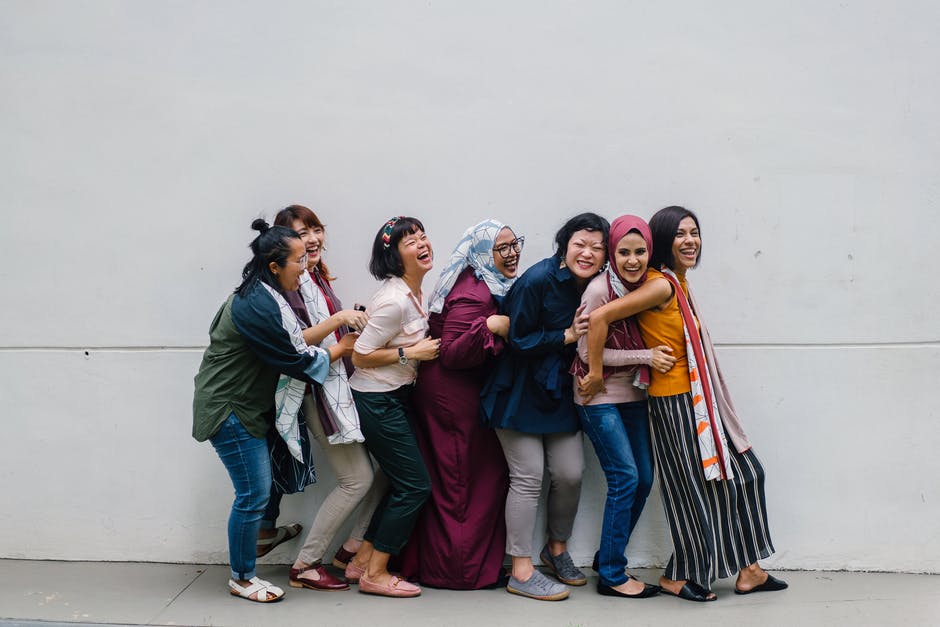
Traditionally Women change their name upon marriage
There are a number of theories as to why this tradition started, but one of the most popular is that it was a way for a woman to show her allegiance to her husband’s family. In some cultures, it was also seen as a way to ensure that children were born into their father’s family and not their mother’s.
Whatever the reasons behind it, the tradition is now dying out. In recent years, more and more women have chosen to keep their maiden names or hyphenate their last names after getting married.
There are a number of reasons for this trend, but one of the most common is that women don’t want to give up their own identity when they get married. With more women than ever before working outside the home and establishing their
Is it necessary to change your name when you get married?
The answer to this question is largely dependent on personal preference. For some women, changing their last name to their husband’s surname is a symbol of their new life as a married couple. It can also be seen as a way of solidifying the relationship and cementing the family unit. For others, keeping their own surname is a way of maintaining their independence and preserving their identity. There is no right or wrong answer, and ultimately it is up to each woman to decide what feels right for her.
What is the most popular surname in the world?
There are a number of different ways to measure popularity, but according to one metric, the most popular surname in the world is Wang. This Chinese surname is thought to be held by approximately 92 million people, making it more common than even surnames like Smith or Singh.

Why do women traditionally change their name when they get married?
There are a few reasons why women traditionally change their name when they get married. One reason is that it’s a sign of commitment to the relationship. Changing your name is a big deal, and it shows that you’re serious about your relationship. Another reason is that it can help create a new identity for the woman. A lot of women feel like they’re starting fresh when they get married, and changing their name is a way to symbolize that. Lastly, it can be seen as a way of taking on your husband’s family name and becoming part of his family.
How common is it for women to keep their maiden name after marriage?
A lot of women choose to keep their maiden name after marriage. It is a personal choice and there is no right or wrong answer. Some women feel strongly about keeping their own identity, while others simply prefer the sound of their maiden name. There are also many practical considerations, such as whether you have built up a professional reputation under your maiden name. Ultimately, it is up to the individual woman to decide what she wants to do.
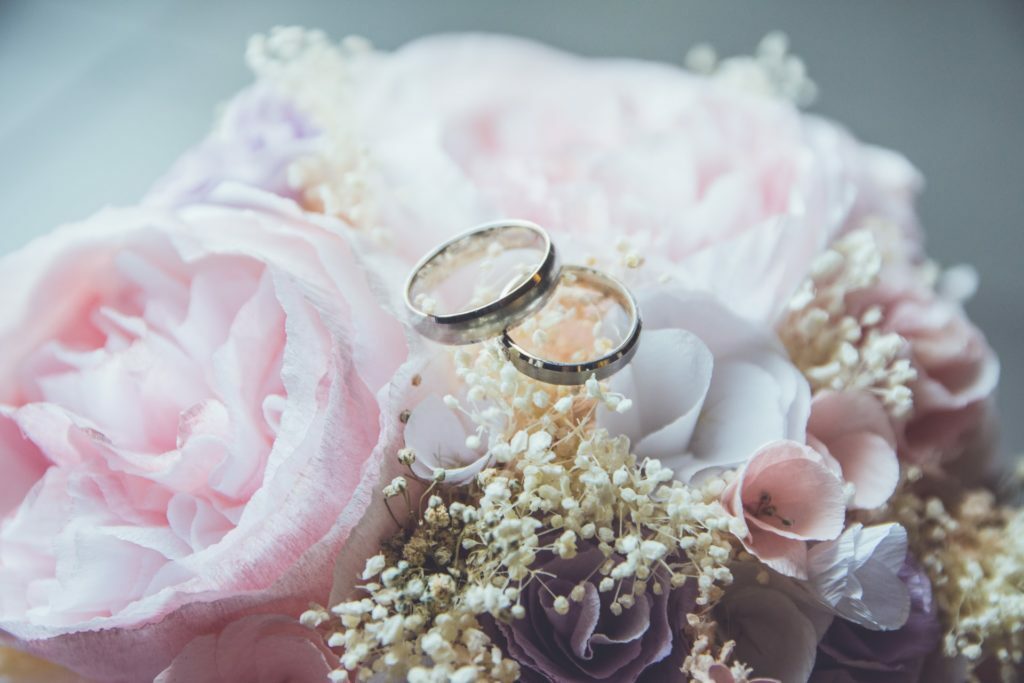
Pros and Cons of Changing Your Name After Marriage
There are a lot of things to consider when you get married – one of them being whether or not to change your name. It’s a personal decision, and there are pros and cons to both options. Here are a few things to think about when making your decision.
PRO: You Can Start Fresh
A new name can signal a new beginning. If you’ve been through a tough divorce or you simply want to leave your past behind, changing your name after marriage can be a way to start fresh. A new name can also be a way to signify your new relationship – you’re no longer just “you,” you’re now part of a team.
It Can Be A Hassle
Changing your name is not as simple as just updating your driver’s license. You’ll need to update your social security card, passport, credit cards, and more. Not to mention, you’ll need to notify everyone from your employer to your doctor of the change. It can be a lot of work – and if you’re not prepared for it, it can be stressful.
You Can Keep Your Name
If you love your name or you have a strong connection to it, there’s
no reason you need to change it just because you’re getting married. In fact, more and more women are choosing to keep their maiden names after marriage. It’s a way to keep your own identity – and it can be empowering.
The most recent UK divorce statistics disclose some eye opening realities:
with 42% of marriages being disolved as more couples are divorcing during their first year of marriage. But don’t let the increasing divorce rates of 20% (1,274 divorces ended before the two-year mark in 2019, whereas 1,530 divorces ended before two years in 2020 ), scare you. The man of your dreams is still waiting for you.
Are you getting Confused about your identity?
If you choose to keep your maiden name but take your husband’s last name as your middle name, people may get confused. Traditionally there are expectations from you as a married woman to change your name, but it doesn’t mean you change who you are.
It can be hard to keep track of who is who – and it may even cause some tension in your relationship if people are constantly calling you by the wrong name.
Can Have The Best Of Both Worlds?
If you can’t decide whether to change your name or keep it, you don’t have to choose one or the other. There are a few ways you can have the best of both worlds. For example, you could hyphenate your last names or use a dual-last-name system (like “Smith-Jones”). This way, you get to keep your own identity while also taking on your partner’s last name.
It Can Be Complicated
While having the best of both worlds may sound ideal, it can actually be quite complicated. Not only will you need to update all of your documents (as mentioned above), but you’ll also need to figure out things like what is your financial status moving forward who do you become when changing your identity. Is your husband opwn minded of you keeping your identity even you change your name or do they expect you to change your inner identity because you signed a legal document?
Do you use both last names? Do you use one or the other depending on the situation? It can be confusing – for you and for others.
The decision of whether or not to change your name after marriage is a personal one. There are pros and cons to both options, so it’s important to weigh them carefully before making a decision. More and more women who lost their identity during their marriage dare to rebuild their life after divorce and reimagine life on their own terms.
What are the benefits of keeping your name after marriage?
There are a few benefits to keeping your name after marriage. For one, it can be a way to keep your identity separate from your husband’s. If you have a successful career or business, you may want to keep your name so that you can continue to be known by that name. Additionally, if you have children from a previous relationship, you may want to keep your name so that they have the same last name as you. Finally, some women simply don’t want to change their name and see no reason to do so after getting married.
There are many benefits to keeping your name after marriage. For one, it is a way of maintaining your independence and individuality. It can also be seen as a way of honoring your family name and lineage. Additionally, it can make it easier to maintain your professional identity and career. Finally, it can simply be a preference or preference of your spouse. Ultimately, the decision of whether or not to change your name after marriage is a personal one that should be made based on what is best for you and your relationship.
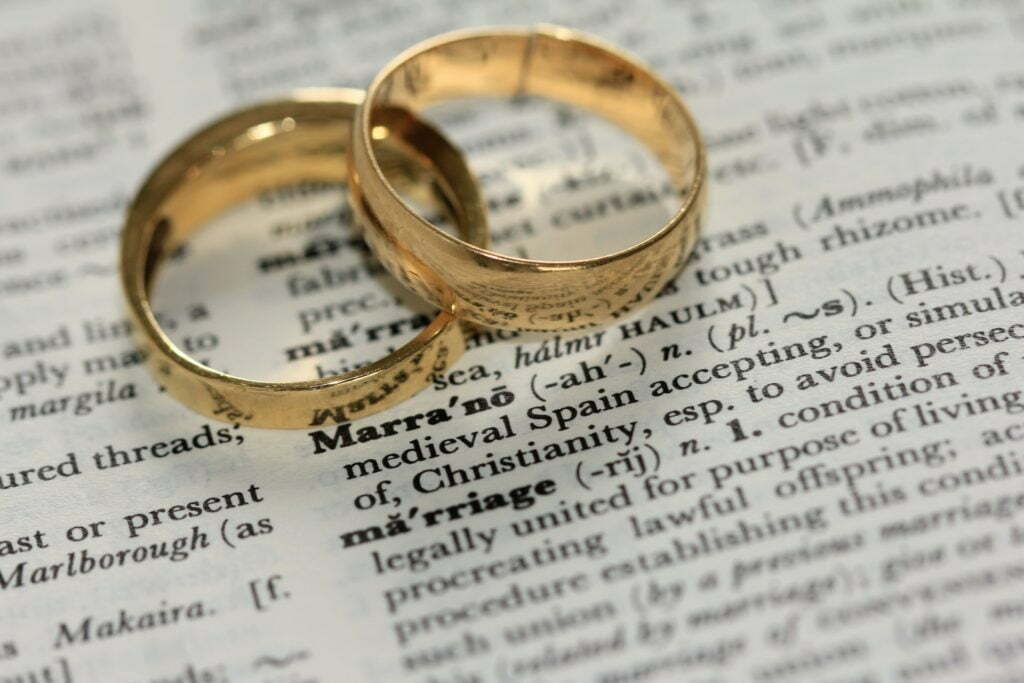
Conclusion
When a woman changes her name upon marriage, she is making a public declaration of her love and commitment to her husband. It is a tradition that has been practiced for centuries, and one that is still very popular today. If you are considering changing your name after getting married, know that you are not alone. Many women make this decision every day, and it is one that will likely bring you much happiness.
In conclusion, it is clear that there are a variety of reasons why women may choose to change their name upon marriage. While some do it simply because they feel it is a tradition that should be followed, others do it as a way to show their commitment to their new husband. Still others see it as a way to fresh start in their lives. No matter what the reason, changing one’s name upon marriage is a deeply personal decision that should not be taken lightly.




